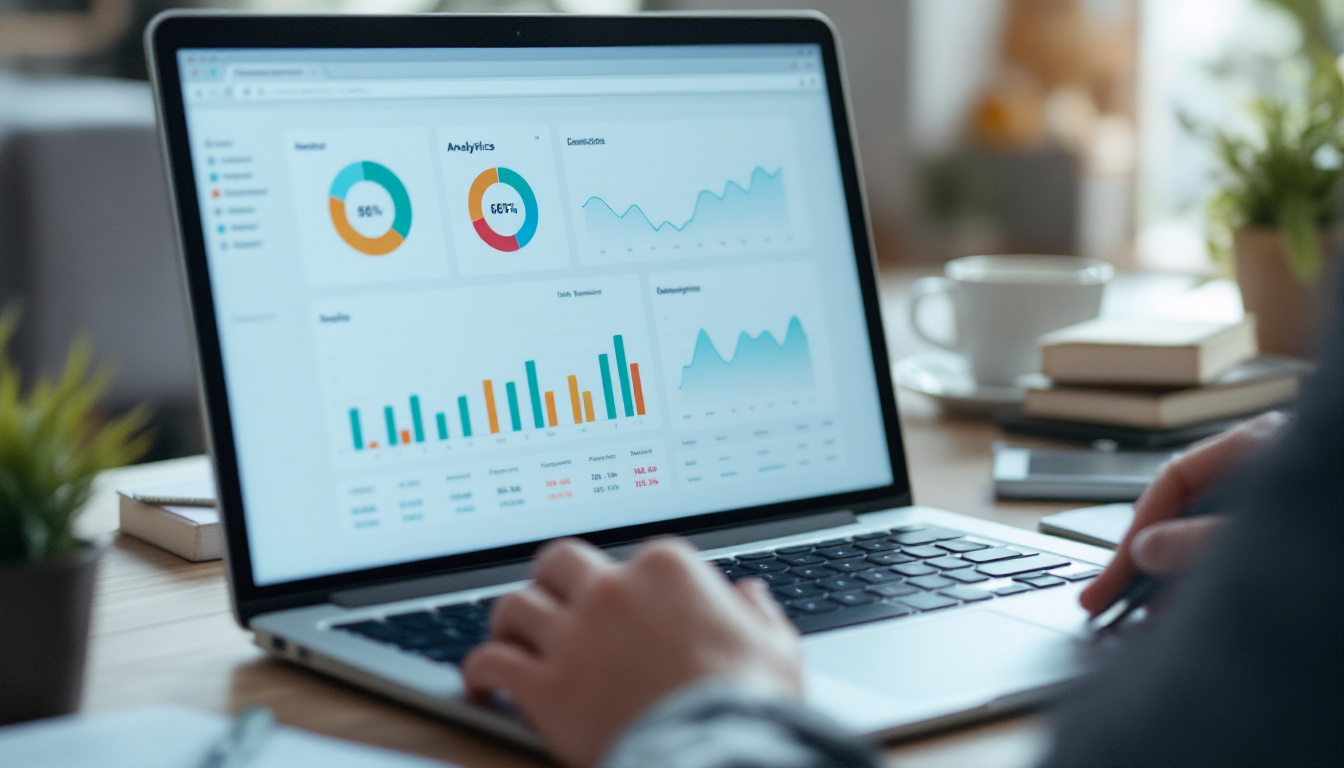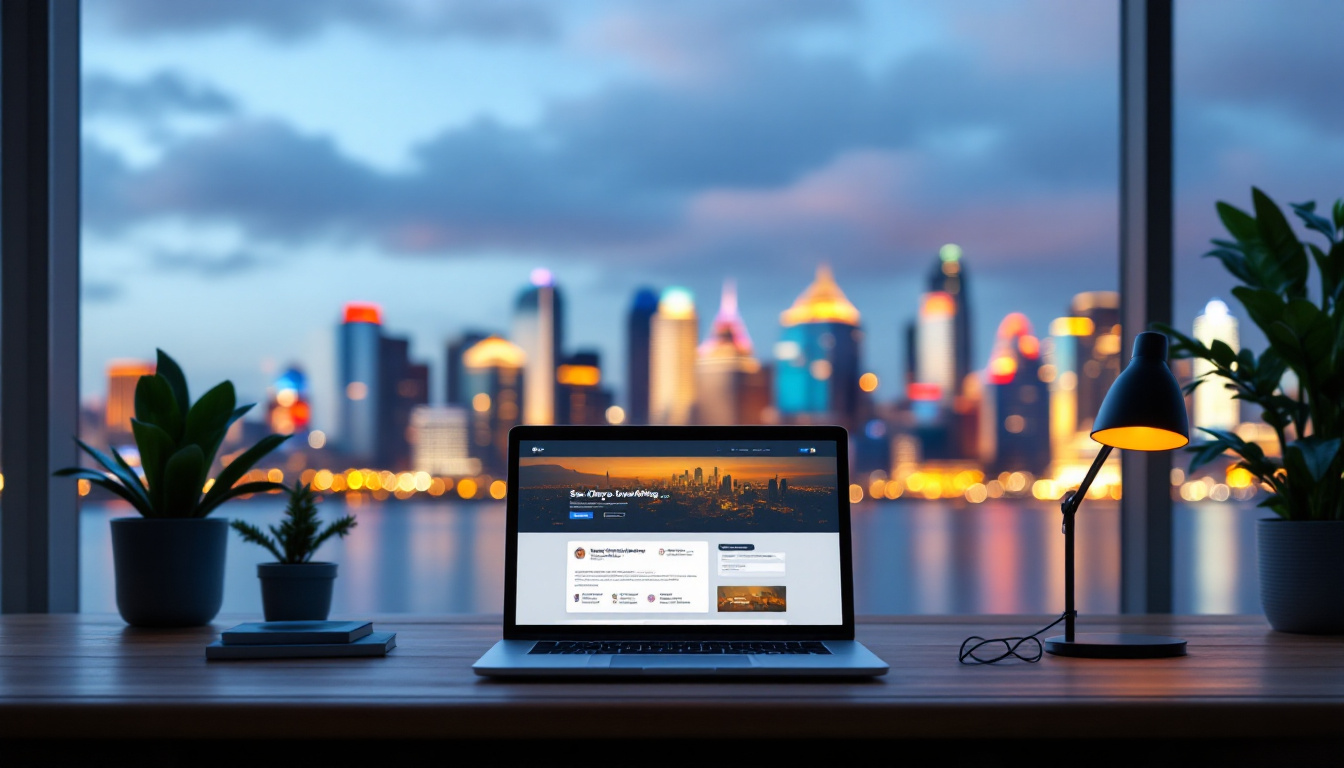Common Myths About PPC for San Diego, CA Businesses

Pay-Per-Click (PPC) advertising has grown in popularity among businesses in San Diego, CA, as a direct customer acquisition tool. Despite its utilization, many faux perceptions cloud the understanding of PPC's true effectiveness and scope. In this article, we will debunk some common myths surrounding PPC to better equip San Diego businesses in leveraging its full potential.
Debunking the 'PPC is too expensive' myth
One of the most prevalent myths about PPC is that it is inherently too expensive for the average business owner. While it’s true that some industries face higher CPC (Cost Per Click) rates, not all businesses fall into this category. In fact, PPC can be tailored to fit the budget of any company, regardless of size.
The misconception often arises from misinformed interpretations of advertising budgets. A well-structured PPC campaign allows businesses to set daily or monthly budgets, ensuring they never spend over what they are willing to invest. Moreover, the return on investment (ROI) from targeted PPC campaigns can exceed initial costs significantly.
Businesses in San Diego can take numerous steps to mitigate costs. Bid adjustments based on key demographics or specific geographic areas, as well as utilizing long-tail keywords, can reduce spending while maintaining reach and effectiveness.
Additionally, leveraging tools like Google Ads’ Keyword Planner can help businesses identify cost-effective keywords that align with their target audience. By focusing on less competitive keywords, companies can capture valuable traffic without breaking the bank. Furthermore, experimenting with ad scheduling can optimize ad visibility during peak times, ensuring that every dollar spent is maximized for impact.
Moreover, continuous monitoring and optimization of campaigns are crucial. By analyzing performance metrics, businesses can identify which ads are performing well and which are not, allowing for real-time adjustments. This data-driven approach not only helps in reducing costs but also enhances the overall effectiveness of the PPC strategy, ultimately leading to a more sustainable advertising model that can grow alongside the business.
Why PPC is not just for big companies
Another common myth is that PPC advertising is a game exclusively for large corporations. This notion stems chiefly from the visibility and resources big brands have when executing vast PPC campaigns. However, this perception ignores the fact that small and medium-sized enterprises (SMEs) can also thrive using PPC strategies tailored to their unique offerings.
PPC allows SMEs to compete against larger companies by focusing on niche markets through targeted keyword strategies. By leveraging local SEO combined with localized PPC efforts, even small businesses can create high levels of conversions with limited budgets.
Furthermore, platforms like Google Ads offer various bidding strategies, including automated bidding that optimizes for conversions, making it accessible for businesses regardless of their size. San Diego's many local businesses can harness these tools to maximize effectiveness and achieve significant results without requiring an overly expansive budget.
Additionally, the flexibility of PPC campaigns enables SMEs to test different ad formats and messaging quickly. For instance, A/B testing can reveal which headlines or visuals resonate most with target audiences, allowing for real-time adjustments that enhance performance. This iterative process not only helps in refining the advertising approach but also fosters a deeper understanding of customer preferences, which is invaluable for any business aiming to grow.
Moreover, the analytics provided by PPC platforms empower small business owners to make data-driven decisions. By closely monitoring metrics such as click-through rates and conversion rates, SMEs can identify what works and what doesn’t, enabling them to allocate their budgets more effectively. This level of insight was once reserved for larger companies with dedicated marketing teams, but now, even the smallest businesses can harness the power of data to inform their marketing strategies and drive growth.
Understanding the role of analytics in PPC
Analytics could be considered the backbone of any successful PPC campaign. The beauty of digital marketing lies in the wealth of data that can be collected and analyzed to inform decisions continuously. Yet, some newcomers to the space fail to appreciate analytics' pivotal role.

Through tools such as Google Analytics, businesses can track user behavior, conversions, and the performance of specific keywords. This data is invaluable for refining campaigns, allowing marketers to understand what strategies work best and which need adjustment. Without proper monitoring, PPC efforts can be wasted on ineffective keywords or poorly targeted ads.
Moreover, using analytics can provide insights into customer demographics, allowing businesses to tailor their messaging to resonate with the target audience more effectively. In San Diego, where demographics can vary significantly even within neighborhoods, this level of detail can lead to greater engagement and conversion rates.
In addition to demographic insights, analytics can reveal trends in user behavior over time. For instance, seasonal fluctuations might indicate that certain products or services are more appealing during specific months. By analyzing historical data, marketers can anticipate these trends and adjust their PPC strategies accordingly, ensuring that their ads are not just timely but also relevant. This proactive approach can significantly enhance the effectiveness of campaigns, leading to higher return on investment (ROI) and more efficient budget allocation.
Furthermore, the integration of advanced analytics tools, such as machine learning algorithms, can elevate PPC strategies to new heights. These tools can analyze vast amounts of data at an unprecedented speed, identifying patterns and insights that might be overlooked by human analysis alone. For example, they can help in predicting which keywords are likely to perform well based on past performance and current market trends. This predictive capability allows marketers to stay ahead of the competition, ensuring that their campaigns are always optimized for success.
How PPC can provide immediate results
A common misconception is that PPC takes time to show results similar to Search Engine Optimization (SEO). In fact, one of PPC's most significant advantages is its ability to generate immediate traffic and leads as soon as the ads go live. Businesses can see results within hours rather than weeks or months.
The instantaneous nature of PPC allows businesses to test various advertising strategies quickly, identify what resonates with the audience, and pivot as needed for better performance. In competitive markets like San Diego, timely responses to customer needs can provide a distinct advantage.
Additionally, immediate results from PPC campaigns can lead to quicker feedback loops on products and services, enabling businesses to adjust their offerings based on real-time data and customer interaction.
Moreover, the ability to measure performance metrics in real-time is a game-changer for marketers. With tools like Google Ads and Facebook Ads Manager, businesses can track click-through rates, conversion rates, and return on ad spend almost instantaneously. This level of insight empowers marketers to make data-driven decisions, optimizing ad spend and maximizing ROI without delay. For instance, if a particular ad is underperforming, adjustments can be made on the fly, such as altering the ad copy or targeting different demographics, ensuring that marketing efforts remain efficient and effective.
Furthermore, PPC campaigns can also complement other marketing strategies, creating a synergistic effect that enhances overall brand visibility. By running PPC ads alongside organic search efforts, businesses can dominate search engine results pages, ensuring that they capture attention from potential customers at multiple touchpoints. This dual approach not only boosts immediate traffic but also supports long-term brand recognition, as customers are more likely to engage with brands they see consistently across various platforms.
PPC vs. SEO: Which is better for your business?
In the digital marketing arena, the debate between PPC and SEO is longstanding, with many vying for the title of 'better' option. However, labeling one as superior to the other is misleading, as both strategies serve unique purposes and often work best together.

PPC offers immediate results and precise targeting, allowing businesses to reach specific audiences quickly. However, it requires ongoing investment as advertisements stop driving traffic once the budget is depleted. On the other hand, SEO is a cost-effective long-term strategy that builds authority and organic traffic over time but typically requires more patience before seeing substantial results.
For businesses in San Diego, a synergistic approach—integrating both PPC and SEO—can drive optimal results. High-quality SEO can boost credibility and trust, while PPC can enhance visibility and offer immediate traffic, thus benefiting in both short and long terms.
Moreover, the choice between PPC and SEO can also depend on the nature of the business and its specific goals. For instance, e-commerce businesses may find PPC particularly advantageous during peak shopping seasons, as it allows them to capitalize on high consumer intent. Conversely, local service providers might prioritize SEO to ensure they appear in local search results, thereby attracting customers in their vicinity. Understanding these nuances can help businesses tailor their strategies to align with their unique objectives and market conditions.
Additionally, the landscape of digital marketing is constantly evolving, with trends and technologies reshaping how businesses approach PPC and SEO. For example, the rise of voice search and mobile optimization has prompted marketers to rethink their keyword strategies, making it essential to stay updated on best practices. Leveraging tools and analytics can provide invaluable insights into consumer behavior, allowing businesses to refine their campaigns and maximize their return on investment. By embracing these changes, companies can remain competitive and effectively engage their target audiences.
In conclusion, understanding the common myths surrounding PPC can empower San Diego businesses to make informed decisions about their marketing strategies. By dispelling misconceptions and recognizing the potential of PPC advertising, companies can navigate the competitive landscape successfully while capitalizing on valuable customer insights.

As a Google Ads expert, I bring proven expertise in optimizing advertising campaigns to maximize ROI.
I specialize in sharing advanced strategies and targeted tips to refine Google Ads campaign management.
Committed to staying ahead of the latest trends and algorithms, I ensure that my clients receive cutting-edge solutions.
My passion for digital marketing and my ability to interpret data for strategic insights enable me to offer high-level consulting that aims to exceed expectations.









